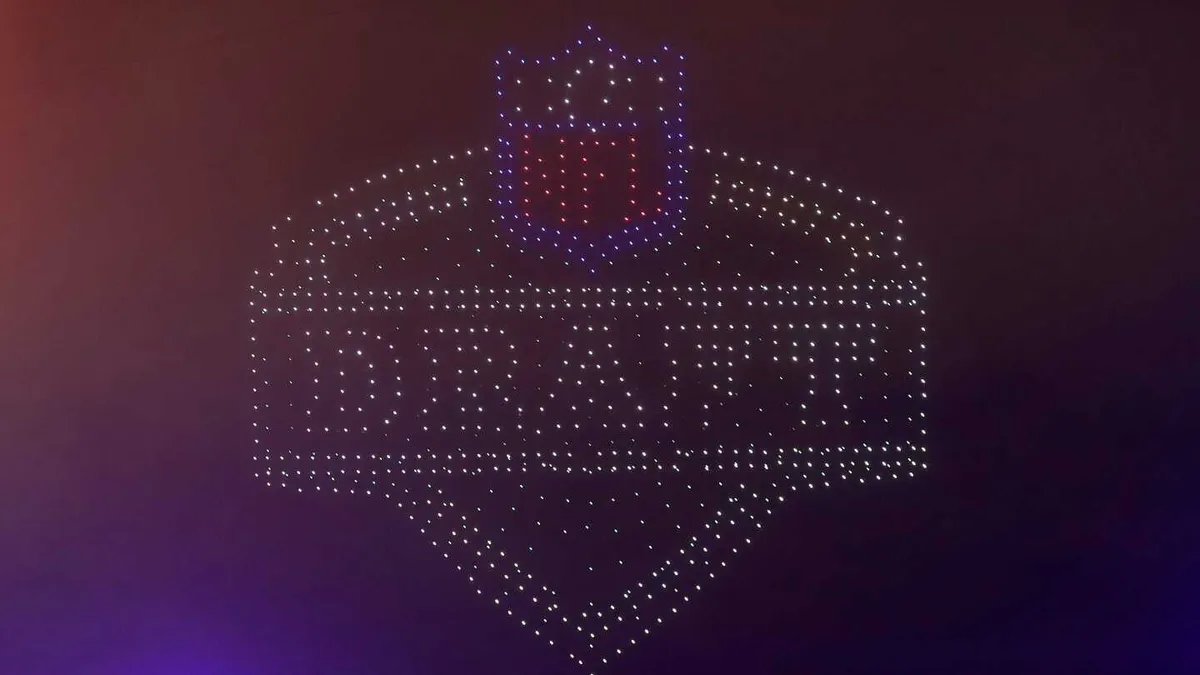
In a surprising turn of events during the 2025 NFL Draft, a league source has revealed that a total of three draft prospects were targeted with prank calls. This incident has raised eyebrows and sparked discussions across social media platforms, as fans and analysts speculate on the motives behind these pranks.
Among the victims of these prank calls were Browns quarterback Shedeur Sanders and Colts tight end Tyler Warren. Both players received deceptive calls informing them that they had been drafted, only to later discover that these announcements were false. Additionally, a third player was reportedly contacted 30 minutes after their actual draft, receiving a fake call that claimed they were being traded.
The NFL has taken these incidents seriously and is currently conducting an investigation to determine the source of the prank calls. Speculation is rampant on social media, with various theories circulating regarding who might be behind these fraudulent communications. The league is likely to use these online discussions as a starting point in their inquiry.
According to sources, it is believed that the perpetrator of the prank calls may have gained unauthorized access to the email account of an individual who had access to the phone numbers of the draft prospects. This raises significant concerns about security breaches within the league, particularly regarding how sensitive information is managed and protected.
As the investigation unfolds, questions remain regarding the potential employment implications for those responsible for safeguarding this information. The extent of the security failure could lead to serious repercussions, not just for the individual involved but for the NFL as a whole, as it highlights the need for improved security protocols in handling personal data.
The prank calls during the 2025 draft have not only caused confusion among the drafted players but also prompted a critical examination of data security within the league. As the NFL moves forward with its investigation, fans and players alike will be eager to see how this situation develops and what measures will be implemented to prevent similar incidents in the future.